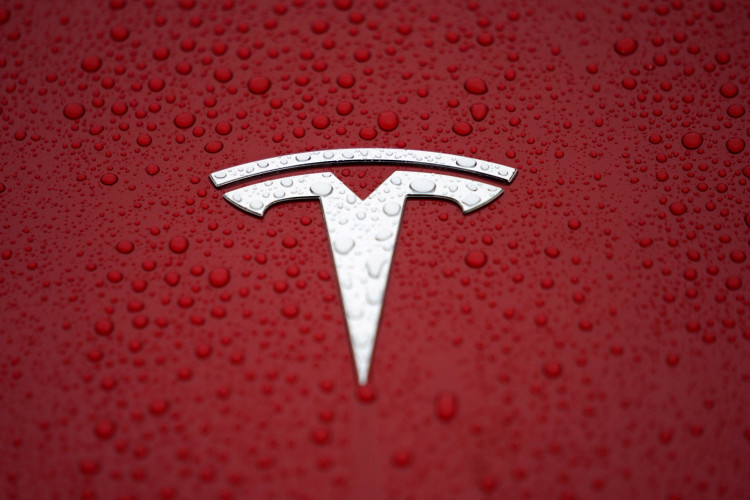Tesla's stock price has been under significant pressure recently, experiencing a sharp decline of approximately 7% during trading hours, contributing to a cumulative drop of 30% since the beginning of the year. This downturn comes in the wake of Tesla being the only one among the "Tech Giants" to report fourth-quarter earnings for 2023 that fell short of market expectations.
The week started unfavorably for Tesla with news from Germany that SAP, a leading enterprise software provider, had removed Tesla from its list of automotive suppliers.
Steffen Krautwasser, head of SAP's fleet, indicated that the decision was influenced by the greater price volatility of Tesla vehicles compared to other manufacturers, which complicates planning and introduces higher risk for the company. Additionally, the delivery schedule of Tesla vehicles, often arriving earlier than agreed, has posed challenges for clients.
While SAP's fleet consists of 29,000 vehicles, the exact number of Teslas was not disclosed, though media reports suggest that Tesla vehicles represent a small fraction of SAP's global fleet.
Despite the small overall number, SAP's departure is seen as a setback for Elon Musk's efforts to expand into the corporate car market, adding to the already low market sentiment since the start of the year.
Tesla is well-known for frequently adjusting the prices of its vehicles. Over the past weekend, Tesla raised the price of its long-range Model 3 by $1,000 to $46,990, up from $45,990.
Following the announcement that SAP had excluded Tesla from its list of car suppliers, Tesla's stock fell by about 7% during Monday's trading session in the U.S., extending its loss over the last five trading days to more than 10%, and bringing the total decline to an astonishing 30% just over a month into the year. Although Tesla's intraday losses later narrowed, its performance remained significantly weaker than the broader U.S. stock market.
In a report released late last month, JPMorgan analyst Ryan Brinkman cautioned that Tesla's stock had considerable downside potential, noting that the company's pricing strategy was eroding profits without significantly boosting revenue. JPMorgan warned that Tesla's stock could fall an additional 30%, setting a target price of just $130.






